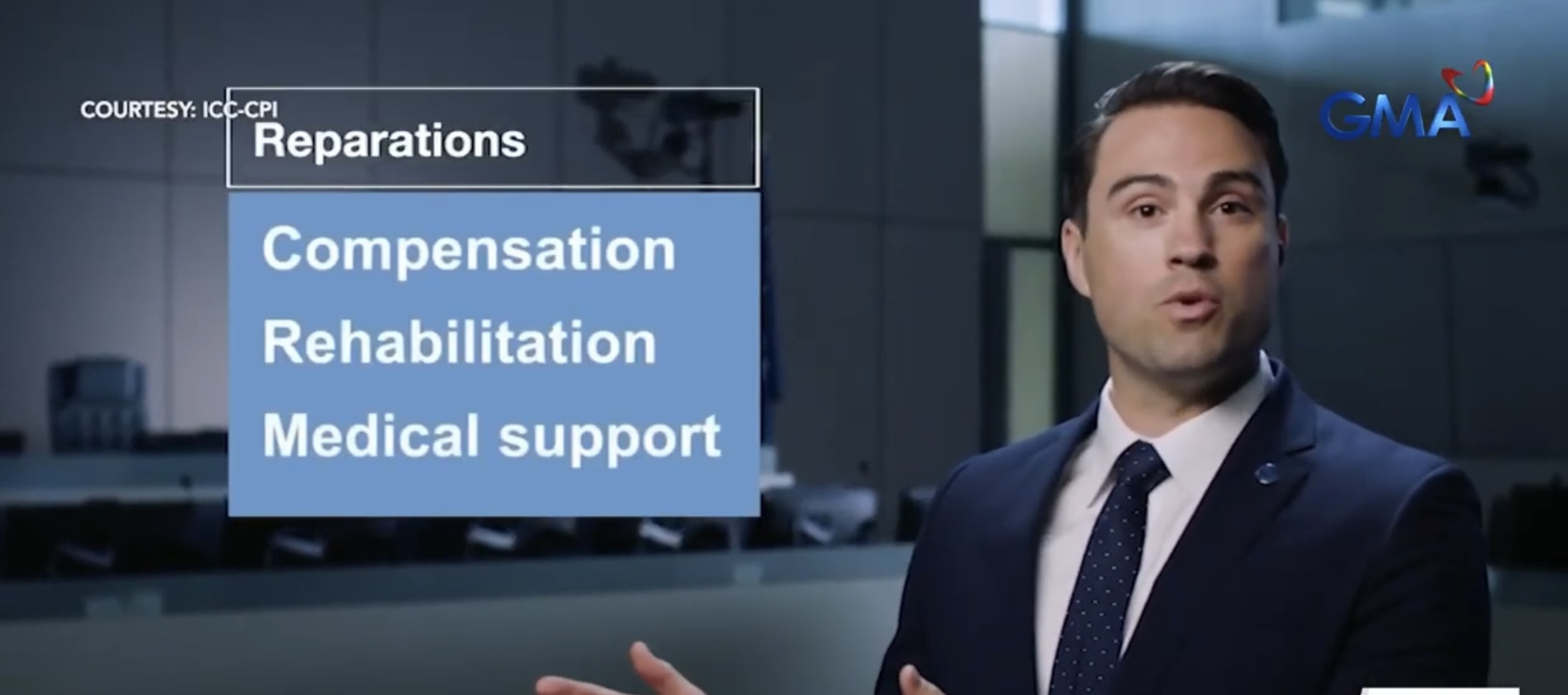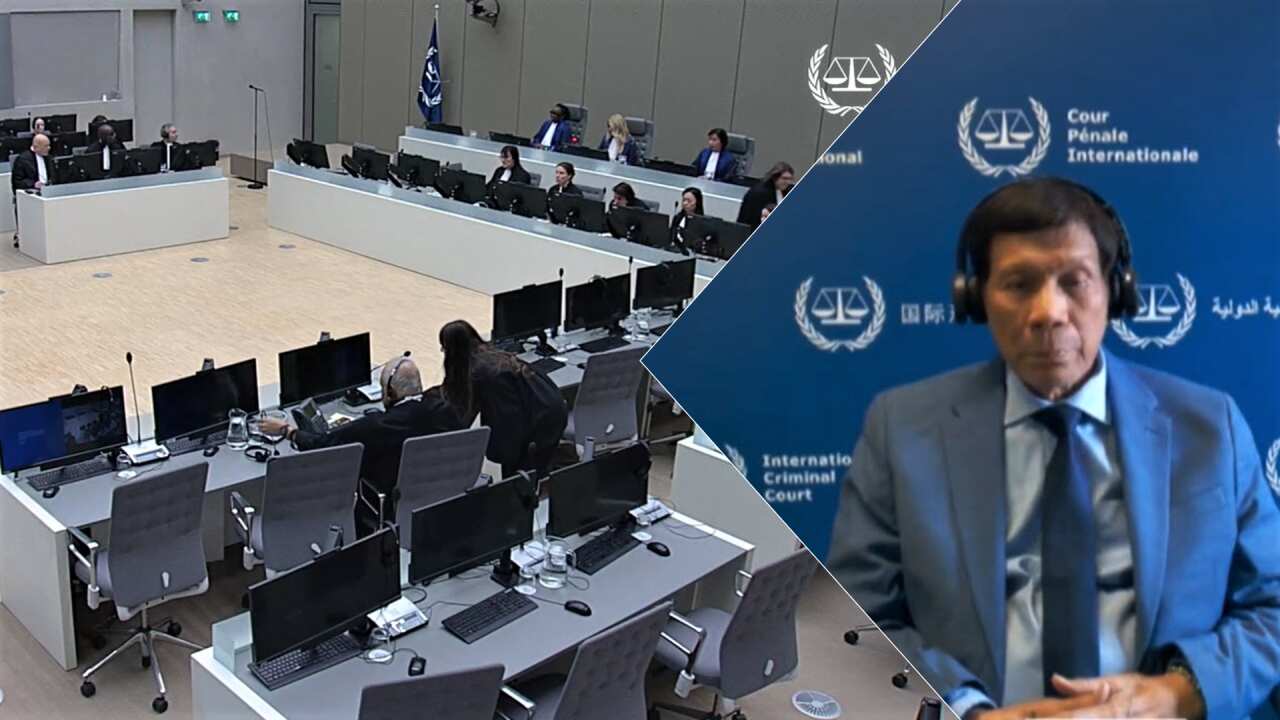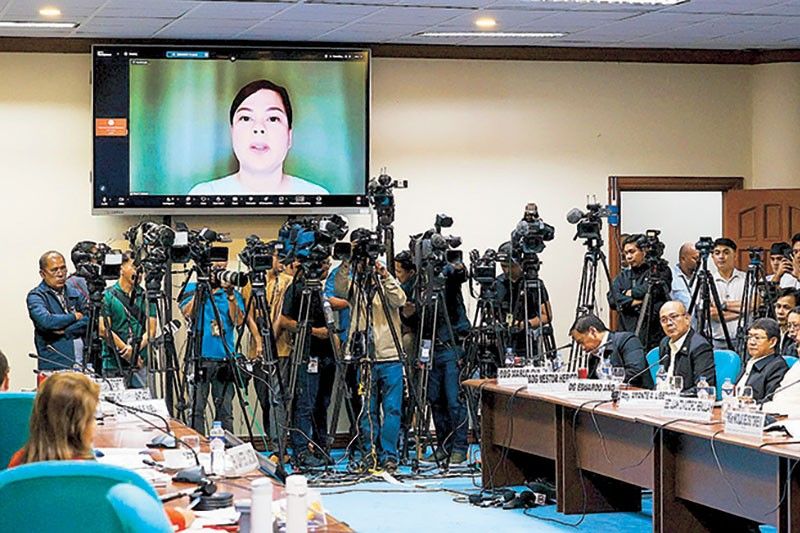ICC Promises Justice and Relief: Victims to Receive Reparations Upon Conviction

The Hague, Netherlands – In a landmark decision signaling a renewed commitment to victims of international crimes, the International Criminal Court (ICC) has announced its intention to provide reparations to those affected once an accused individual is found guilty. This crucial development, reported by Unang Balita, marks a significant step towards ensuring justice and offering tangible relief to survivors of atrocities.
For years, victims of crimes prosecuted by the ICC have faced frustration over the lack of concrete measures beyond legal judgments. While convictions represent a victory in holding perpetrators accountable, the absence of reparations has left many feeling abandoned and without the means to rebuild their lives. This new policy aims to address that gap, recognizing the profound and lasting impact these crimes have on individuals and communities.
What are Reparations? Reparations encompass a range of measures designed to address the suffering of victims and promote their healing and reintegration. These can include financial compensation, medical care, psychological support, rehabilitation programs, and symbolic gestures of recognition and apology. The specific form of reparations will be determined on a case-by-case basis, taking into account the nature of the crime, the harm suffered by the victim, and the resources available.
A Crucial Step Forward for Victim Justice The ICC's decision is being hailed by human rights organizations and victim advocacy groups as a pivotal moment in the pursuit of victim justice. “This is a long-awaited and much-needed development,” said a spokesperson for the Coalition for the International Criminal Court. “It sends a clear message that the ICC is not just about prosecuting perpetrators, but also about ensuring that victims receive the support and redress they deserve.”
Challenges and Implementation While the announcement is encouraging, significant challenges remain in implementing this policy effectively. The ICC faces the practical hurdle of securing the financial resources necessary to fund reparations, particularly in cases involving individuals with limited assets. Furthermore, ensuring that reparations are distributed fairly and transparently, and that they reach the intended beneficiaries, will require careful planning and robust monitoring mechanisms.
Impact on Philippine Cases This policy shift holds particular significance for the Philippines, given the ongoing ICC investigation into alleged crimes against humanity committed during the Duterte administration's “war on drugs.” Victims of extrajudicial killings and other abuses may now have a pathway to receiving reparations if those responsible are ultimately found guilty by the ICC. This prospect offers a glimmer of hope for justice and closure for countless families who have lost loved ones.
Looking Ahead The ICC's commitment to reparations represents a significant evolution in its approach to international criminal justice. It underscores the importance of placing victims at the center of the process and ensuring that they receive the support they need to heal and rebuild their lives. The success of this policy will depend on the ICC's ability to overcome the challenges it faces and to work collaboratively with states and civil society to ensure that reparations are delivered effectively and equitably.






